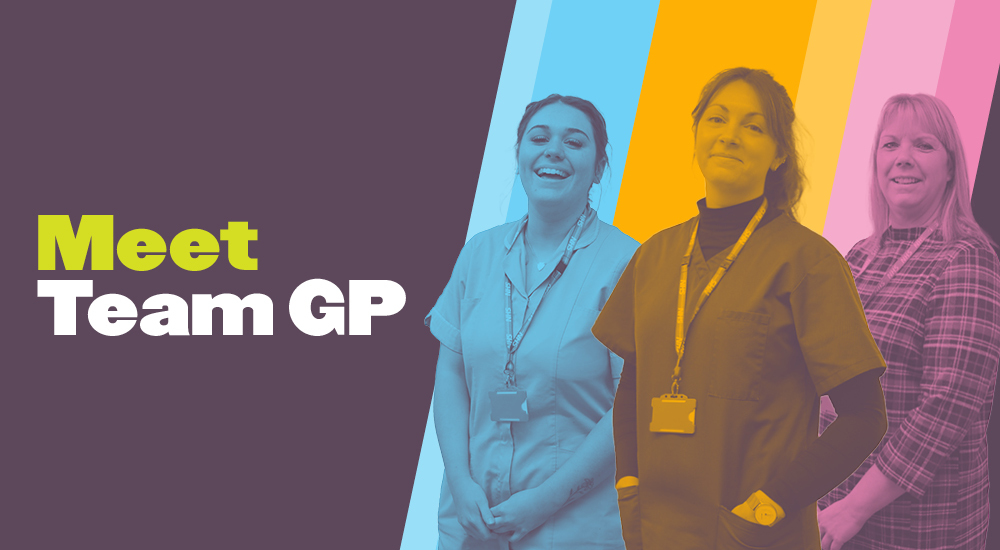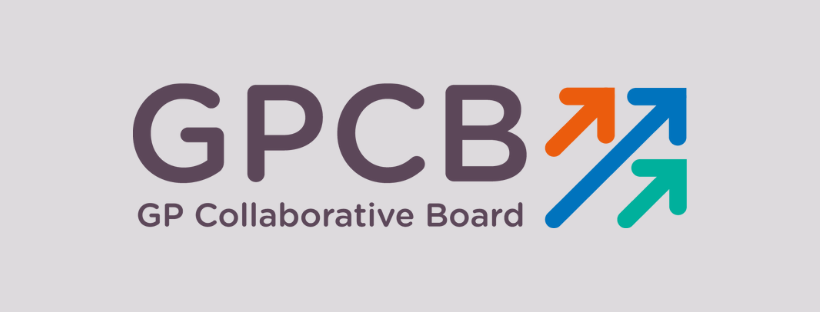One Care’s digital team had a busy 2023 successfully supporting practices across BNSSG.
The team offers a range of digital expertise to practices – from in-person EMIS and managed referral training, to help with day-to-day operational TeamNet issues. Last year the team completed just under 400 tasks for practices.
Bex Tilling, head of One Care’s digital support, said “Our team of specialists help practices with their digital issues, systems and programmes. We advise over phone and email, and visit practices for in-person discussions or training.”
Last year the team helped 43 practices with CareFlow Connect, and carried out a LARC audit for 23 practices. The team also trialled a new enhanced digital support initiative – 76% of practices have so far received hands-on support under the new plan, and nearly a quarter of practices have completed the team’s digital maturity survey, which helps them understand the gaps in their digital provision.
Additionally, the digital team last year developed a range of searches and protocols to help the working life of practices. The most used of these included the homeless health dietician template; cholesterol launcher; and diabetes protocol.
All practices were busy on TeamNet last year with an average of 2,566 users logging in each month, and the team provided in-person TeamNet training for nine practices.
Bex said “As well as helping with existing systems we’re also here to advise practices on the most appropriate new digital systems for their needs, and through our digital forum we share best practice among managers.”
Forty-two practices/PCNs have so far participated in the team’s digital forum, along with representatives from One Care, the ICB, the Training Hub, and CSU.
Bex added “We’ve had a really positive year of activity with practices. Digital systems are central to practice operations and management and we’re here to help practices improve their digital confidence and make sense of what’s out there.”
To discuss any digital needs please contact digital@onecare.org.uk











